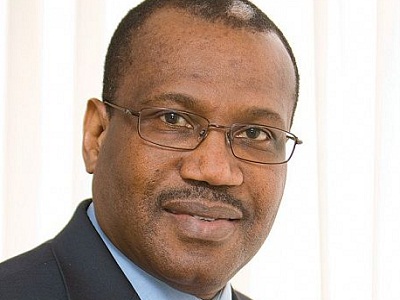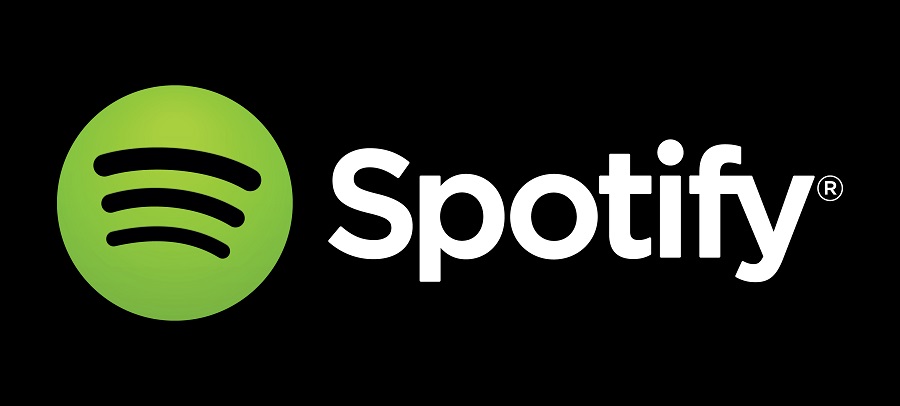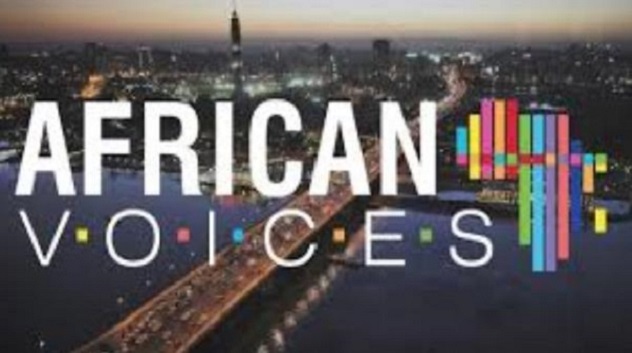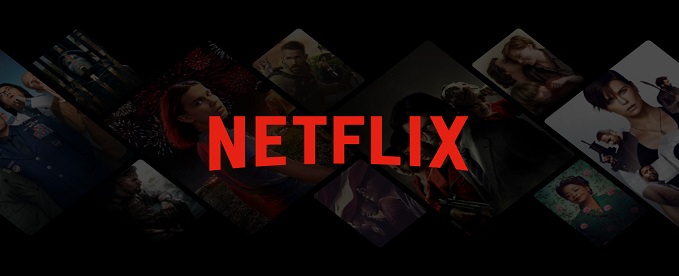Broadcasting
ITU Says Broadcasting is Key Communication Medium in Emergencies

A new ITU report has highlighted the importance of international cooperation needed to enhance the reach of broadcasting in emergency situations, such as in the Philippines, which was recently devastated by Typhoon Haiyan and the cyclones that have battered the coastal districts of eastern India.
According to ITU, the Report on Emergency Broadcasting on the essential role of terrestrial radio and television broadcasting will be finalized by April 2014 and made available online free of charge.
The Report will be compiled by co-Rapporteurs to Study Group 6, Lynn Claudy (National Association of Broadcasters, USA) and Gary Stanley (Babcock International Group, U.K.).
“Emergency broadcasting plays a critical role in the rapid dissemination of information to the public, and is a key element in helping save lives in the aftermath of natural disasters,” said Hamadoun I. Touré , ITU secretary-general.
“The ITU Report on Emergency Broadcasting will provide broadcasters, first responders and the general public important information on how to prepare for natural disasters and their aftermath.” He added
For many decades, radio and television broadcasters have been the primary source of critical information to the public in the event of disasters such as tornadoes, hurricanes, floods, snowstorms, earthquakes, tsunamis, and even terrorist attacks and industrial catastrophes. Due to their wide coverage, broadcasting services are more likely to survive such events than other communication networks.
Radio and television broadcasting provides reliable point-to-multipoint delivery of essential information and safety advice to the public as well as to first responders and others via widely available consumer receivers, both mobile and fixed.
Even in cases where electricity and mobile-phone base stations are no longer available, reception of broadcast signals is still possible with battery-operated receivers in cars and in hand-held devices such as mobile phones equipped with a radio or TV receiver.
“The Workshop addressed key issues related to broadcasting as a means of communicating to the public during emergencies and how it fulfils these requirements most reliably and effectively,” said Mr François Rancy, director of ITU’s Radiocommunication Bureau.
“With the number of natural disasters and other large-scale emergency situations on the rise around the world, as we have seen with the devastation caused by the recent Typhoon Haiyan, it is absolutely essential that the public is provided the necessary emergency information quickly, comprehensively and accurately,” said Christoph Dosch, Chairman of ITU-R Study Group 6 (Broadcasting service).
“Terrestrial television and radio broadcasters provide the fastest, reliable and most effective means of delivering information to the public in these critical situations.
Broadcasting
Burna Boy, Other Nigerian Artists Pocket $38m from Spotify in 2024

Spotify, the Swedish audio streaming and media service provider, paid over $38 million in royalties last year to Nigerian artists who are riding on the wave growing interest in music from Nigeria and African continent.

Elsewhere, South African performers reached $21 million, up 54 per cent year- on-year.
In total the two biggest African markets got around $59 million last year.
Meanwhile, the Swedish company paid out some $10 billion in royalties worldwide in 2024.
And while Africa represents only a small part of its offering, interest in African artists has ballooned, buoyed in part by internationally recognised acts like South African singer Tyla and Nigeria’s Burna Boy.
Around 250 million user-created playlists now feature at least one Nigerian artist, and 220 million contain a South African, the company said on Thursday.
“What we’re seeing is an excellent evolution around more and more mid-tier or up-and-coming artists making a living,” said Jocelyne Muhutu-Remy, Spotify’s managing director for Sub-Saharan Africa.
Much of that came from outside their home markets.
Nigerian artists have seen a 49% increase in export growth over the past three years, while South Africa saw export growth of 104%.
The number of Nigerian artists earning 10 million Naira, meanwhile, doubled year-on-year and has tripled since 2022.
In South Africa, the number of those earning between 100,000 and 500,000 rand has doubled over the past three years.
Broadcasting
Glo-sponsored African Voices Changemakers Celebrates Nathaniel Bassey, Mercy Chinwo

CNN International’s magazine programme, African Voices Changemakers, sponsored by Globacom, will this week celebrate two of Africa’s biggest gospel music stars, Nathaniel Bassey and Mercy Chinwo.

The 30-minute programme will showcase the gospel stars who are expected to bring their unique gospel vibes to the show.
Nathaniel Bassey, a Nigerian singer, trumpeter, and gospel songwriter, has gained massive popularity with his songs like “Yahweh Sabaoth”, “Ebenezer”, and “Tobechukwu”.
Born on August 27, 1981, Bassey studied International Relations and Politics at the University of Lagos and later Music at Middlesex University Summer School in the UK., Bassey’s music has inspired countless fans around the world.
The second guest, Mercy Chinwo, is a Nigerian gospel singer, actress, and songwriter who began her music career at age six. She signed with EeZee Conceptz in 2017 and released her first single “Excess Love” in 2018.
Chinwo has won several awards, including the Gospel Artiste of the year at the AFRIMMA Awards in 2020. With her powerful voice and captivating stage presence, Chinwo has made a significant impact on the gospel music scene across the globe.
African Voices Changemakers will air on Saturday at 8:30 a.m., with repeats on the same day at noon, and on Sunday at 4:30 a.m. and 2 p.m. The show will also air on Monday at 4 a.m. The same broadcast schedule will be repeated next week.
Broadcasting
Netflix Expands Language Options on TV to Capture Global Viewers

Netflix has expanded its language options for television viewers, allowing users to select from the full list of available subtitles and dubbing languages for any title.

This update aims to make Netflix’s global catalogue more accessible, especially as nearly a third of its viewership comes from non-English language shows.
Previously, TV users could only choose from a limited selection of languages based on their location and settings.
Now, they can access the complete range of available languages for any title, similar to the flexibility already offered on mobile devices and web browsers.
For instance, a user can watch an English title like “Bridgerton” with Spanish dubbing and Korean subtitles, or opt for Japanese dubbing with Portuguese subtitles.
Netflix offers subtitles in 33 languages and audio dubbing in 36 languages across its catalogue, though the exact number of available languages may vary by title. This change responds to numerous user requests for more language options on TV platforms.
This move reflects Netflix’s commitment to enhancing accessibility and catering to its diverse global audience by providing more inclusive viewing experiences.

 General News2 days ago
General News2 days agoAirbnb Community Fund Donates ₦13 Billion to Nonprofits Worldwide

 General News2 days ago
General News2 days agoNigerian Military Makes History with Africa’s First Attack Drones, Bombs

 News2 days ago
News2 days agoShell, Renaissance Face Legal Action over SPDC Licence Transfer

 Telecom2 days ago
Telecom2 days agoNigeria Heads Anglophone Data Protection Committee

 E-Business2 days ago
E-Business2 days agoKike, Nigerian Tech Firm Launches ‘Kike AI’ for Kitchen Innovation

 E-Financial2 days ago
E-Financial2 days agoSterling Bank Makes Online Transfer Charges Free of Charge

 News2 days ago
News2 days agoWorld Bank Approves $1.08Bn Loan for Nigeria

 Telecom2 days ago
Telecom2 days agoHow MIP Is Making a Difference in The Media Landscape

























